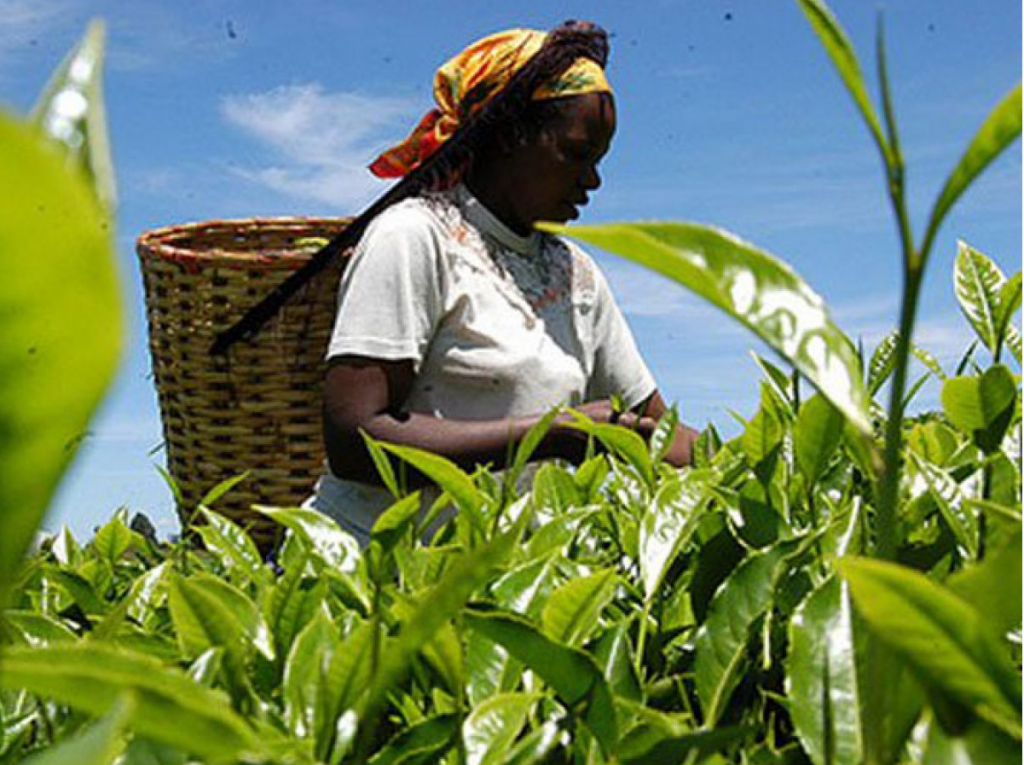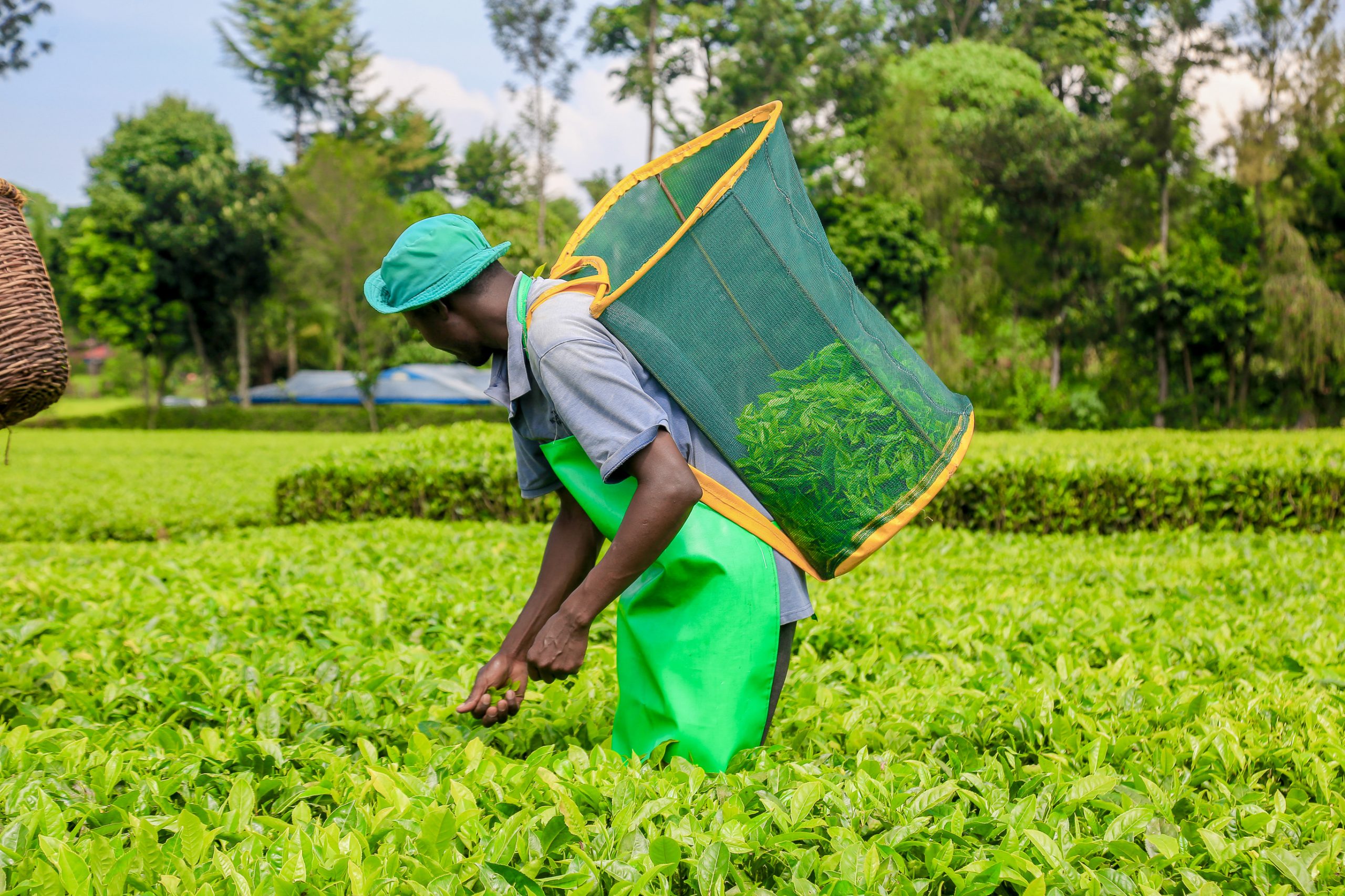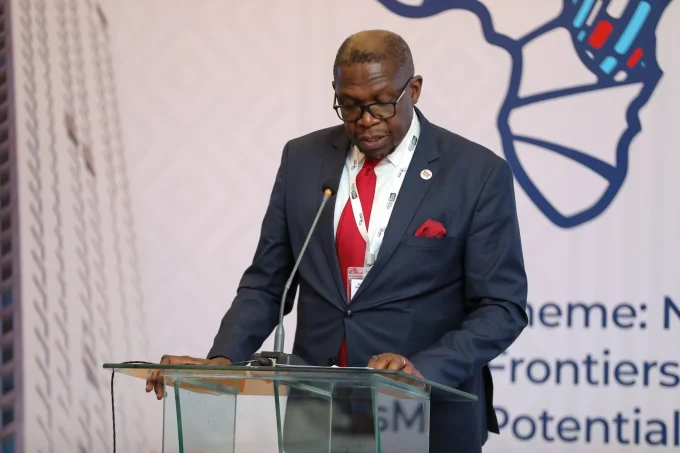The Senate on Monday, December 21, voted to pass the Tea Bill.
The bill, sponsored by Kericho Senator Aaron Cheruiyot, sailed through in the National Assembly on December 2. If signed into law by President Uhuru Kenyatta as expected, it will mark the start of a new era for the multi-billion shilling tea sector.
Leaders including the Orange Democratic Movement’s (ODM) Raila Odinga and Deputy President William Ruto rallied lawmakers to support the bill, insisting it would protect farmers from exploitative cartels.
The bill represents the culmination of a protracted reform process driven by, among others, Agriculture Cabinet Secretary Peter Munya. The Kenya Tea Development Agency (KTDA) and the East African Tea Trade Association (EATTA) had both moved to court in a bid to quash the proposed new rules.
Embu Senator Peter Ndwiga, Chair of the Agriculture Committee, described the operations of KTDA as ‘opaque’ as he endorsed the bill.
“We want all small-scale farmers to feel ownership of their tea factories,” he asserted.

In particular, Ndwiga hailed a proposal in the bill that compels all tea managers to, within eight years, start a process of value addition for a minimum of 40 per cent of the tea they take for production.
READ ALSO>>>>>After Tea Reforms, Munya Eyes Coffee Sector for Radical Changes
Other key elements of the bill include regulations that will see tea auction organizers, buyers and brokers pay farmers within 14 days of the sale. Factories must also pay 50 per cent of the sales receipts to farmers with the balance paid out at the end of the year.
It also re-establishes the Tea Research Foundation and the Tea Board of Kenya.
“We expect that apart from regulating the sector, the government gives funds to the (Tea) board to assist tea farmers,” Ndwiga noted.
Nyeri Senator Ephraim Maina argued that KTDA’s decline could be blamed on unproductive investments by the agency at the expense of farmers.
The agency has in recent years launched subsidiary businesses as part of a diversification plan.
“When tea prices started collapsing, it’s not because there’s no money globally … KTDA was working before but for some reason, today, farmer’s money has been invested in non-productive areas and they end up getting nothing.” Noted Maina who hails from a tea-growing county.
Raila had described the passing of the bill as ‘a matter of life and death’, underscoring its importance.
“Tea farmers are suffering because of cartels that have taken over the industry to reap where they have not sown.
“It has been the usual tale of conflict of interest, lack of transparency, the impunity that includes disobeying court orders, corruption and wrong attitude that has killed many sectors before, getting entrenched in KTDA,” he noted in a statement.



















































![Pula Co-Founders and Co-CEOs, Rose Goslinga & Thomas Njeru. Pula provides agricultural insurance and digital products to help smallholder farmers manage climate risks, improve farming practices and increase their incomes. [ Photo / Courtesy ]](https://businesstoday.co.ke/wp-content/uploads/2021/01/Pula-Co-Founders-and-Co-CEOs-Thomas-Njeru-Rose-Goslinga.jpg)




























































Leave a comment